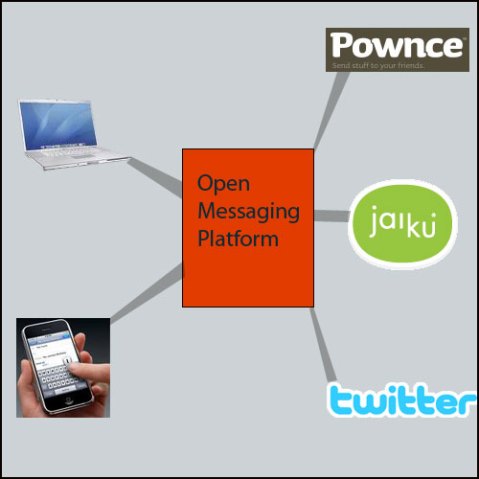Archive for the ‘the uncertain future’ Category
on motivation
Posted on: April 2, 2008
Sometimes when I’m tired, or in the middle of a project I don’t enjoy I get a bit down. Today has been like 5 of those small ‘down’ times combined. I can’t get into my work, I’m finding it hard to feel positive (unusual for me) and I’m feeling pretty unfulfilled with my professional life in general.
After a short walk, prayer and some thought I realised what I’m lacking: vision.
I’ve been involved recently (outside of work) in leading a group to develop a vision statement along with a set of values and goals used to measure progress towards this vision.
Traditionally, this group has been led by people who lacked clear direction, or who led in a more dictatorial (although well-meaning) fashion.
The entire process has been incredibly energising – people finally got a say into what the future of the organisation should look like, and we’re now going from a rather bland, dull and unexciting place to one where the leaders feel involved. Not only this, now we also know:
- where we’re going
- what we need to do to get there
- how to measure our progress.
You may think of this type of thing as complete rubbish, but I’ve seen it literally transform an organisation.
Ironically I haven’t applied it to my personal life, as I’m ‘too busy’ (sound familiar?), but where else is could clear vision, values and goals be more important for me.
Life without vision, values and goals is what I’ve found it to be today – empty.
why do we need offline apps?
Posted on: March 12, 2008
ReadWriteWeb wrote up a while ago about Firefox 3 adding offline support for web applications. Arouind the same time, the Google Gears announcement came out and kind of fizzled. (Anyone using Google Gears? Anyone?)
I put this aside but recently discovered that companies are investing time and money into creating offline version of online web apps and using web app API’s to maintain data consistency. Take this offline front end for basecamp as an example.
Forgive me here, but isn’t connection to the internet becoming MORE pervasive every year. We now have not only desktop PC’s accessing and modifying information on the the internet, we have laptops, mobile phones, net-enabled devices and even ambient devices. The future is kind of banking on increased access to ‘the cloud’ in order for everything to tie together.
If today was 10 years ago, then this would make sense, but offline applications simply make no sense to me. If you feel the need for offline apps it seems you need to ask yourself why. If it’s a connection quality issue then it’s your connection which needs dealing with. If it’s commuting then surely there are far simpler tools you probably already have (text editor, word processor) which can perform the same basic functions until you’re online again.
If it’s about using the browser as platform, that’s been happening with Mozilla and Firefox for years via XUL and the Mozilla development engine products like Komodo use to get cross-platform applications functioning much easier.
The only reason I see for this development (especially in Firefox 3) is so Google can add simple offline support to it’s office suite in order to remove one more Enterprise excuse, but it still confounds me that time and energy is being sunk into offline support.
I’ll wait patiently to be educated..
A recent New Zealand education study showed that the likelihood of educational achievement was a 60/30 split between the home and the school. (I’m not going to ask where the other 10% comes from). This means instead of moaning about your kids school you’d better make sure you have a good attitude towards education and put the effort in to support, encourage, help and motivate your kids.

recent comments